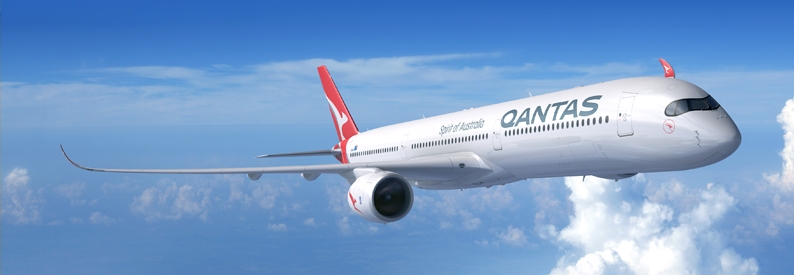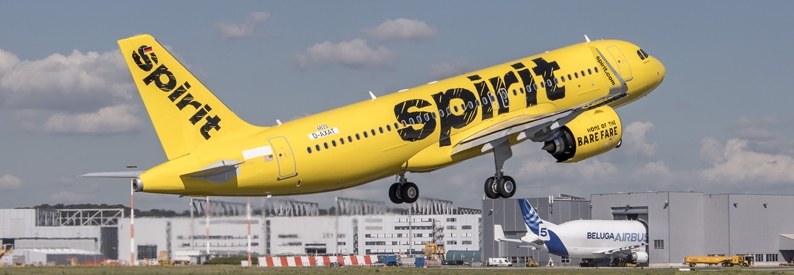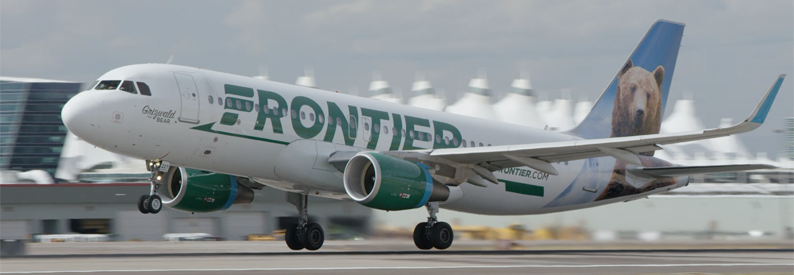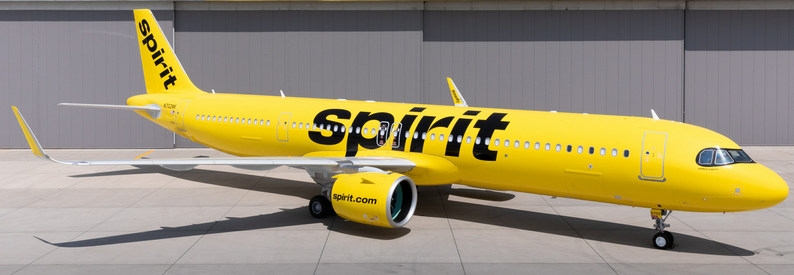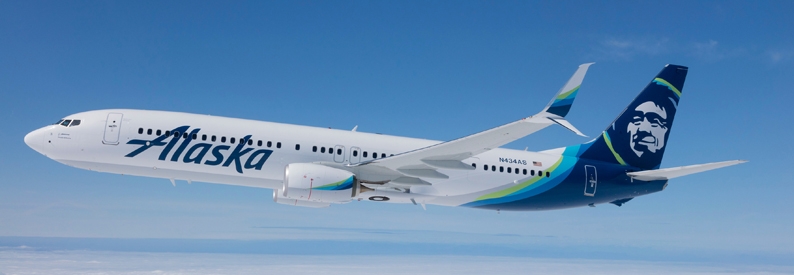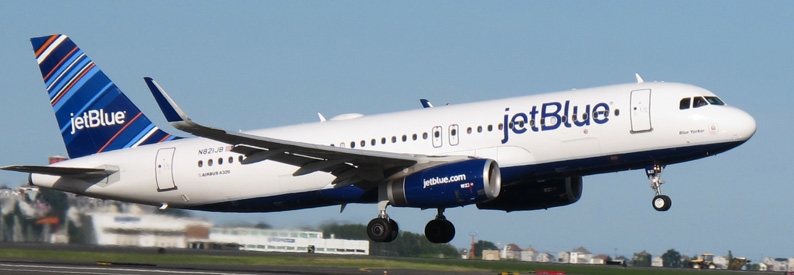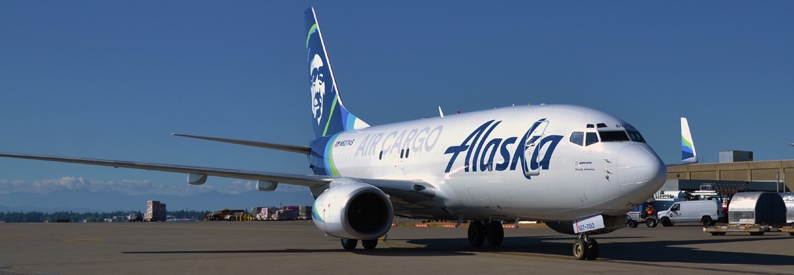The United States Court of Appeals for the District of Columbia has granted a petition that Spirit Airlines (NK, Fort Lauderdale International) filed challenging a US Federal Aviation Administration (FAA) decision not to reallocate peak-period flight authorisations previously held by Southwest Airlines (WN, Dallas Love Field) at New York Newark.
Spirit had filed the lawsuit against the FAA and the Department of Transportation in November 2019 after the agency opted to withhold the slots, which Southwest had vacated when it ceased operations at the airport on November 3. The FAA received requests from several carriers, including Spirit, to approve new operations.
The FAA said it would not reallocate the 16 landing and takeoff rights for summer 2020, citing congestion during peak periods, deciding instead to study the effects of fewer operations on summertime traffic - a decision the ULCC branded “arbitrary and capricious, an abuse of discretion, and otherwise not in accordance with law.”
It argued that the decision would “mean that United Airlines holds nearly 80% of the authorisations at one of the busiest airports in the country and would operate more than 90 monopoly routes.” Southwest had acquired the 16 daily rights when United and Continental Airlines merged in 2010 and gave up slots to allow in new competition.
In the court’s ruling, while agreeing that the FAA’s decision prevented Spirit from operating as many peak-period flights as it would otherwise have done in the summer 2020 season, “we also conclude the FAA’s decision was arbitrary and capricious, because the agency disregarded warnings about the effect of its decision on competition at Newark. We therefore grant Spirit’s petition for review and vacate the FAA's decision to retire the peak-period flight authorisations previously held by Southwest."
“Ignoring an important aspect of the problem is precisely what the FAA has done. The Department of Justice, the Port Authority [of New York and New Jersey], and Spirit all complained to the FAA that retiring Southwest’s peak authorisations was a drastic measure to address congestion and would do substantial harm to competition and hence passengers at Newark,” the court explained.
“If cutting flights was necessary, the DOJ urged the DOT to do so through a schedule reduction meeting [...] rather than by retiring Southwest’s slots. Despite all this, the FAA gave no indication it even considered convening a schedule reduction meeting. [...] For this reason, we must vacate the FAA’s decision not to reallocate Southwest’s peak slots [...] and remand this matter to the agency to deal with the issue of competition.”

